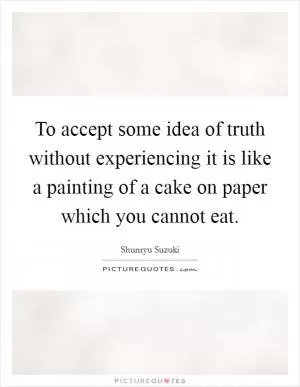When you do something, you should burn yourself completely, like a good bonfire, leaving no trace of yourself

When you do something, you should burn yourself completely, like a good bonfire, leaving no trace of yourself
Shunryu Suzuki, a renowned Zen master and teacher, once famously said, “When you do something, you should burn yourself completely, like a good bonfire, leaving no trace of yourself.” This powerful statement encapsulates the essence of Zen practice and the concept of selflessness.In Zen Buddhism, the idea of selflessness is central to achieving enlightenment. It is about letting go of the ego and the attachment to the self, and instead focusing on the present moment and the interconnectedness of all things. When Suzuki talks about burning oneself completely, he is referring to the act of letting go of the self and fully immersing oneself in the task at hand. Just like a bonfire consumes everything in its path, we should also be fully consumed by our actions, leaving no trace of our ego or selfish desires.
This concept can be applied to all aspects of life, not just in meditation or spiritual practice. When we approach our work, relationships, and daily tasks with this level of commitment and selflessness, we can achieve a sense of fulfillment and purpose. By letting go of our attachment to the outcome and focusing on the process itself, we can experience a deeper sense of connection and presence.
Suzuki’s words also remind us of the impermanence of life. Just as a bonfire eventually burns out and leaves only ashes behind, we too will eventually pass away and leave behind only memories. By fully immersing ourselves in the present moment and giving ourselves completely to our actions, we can make the most of our time on this earth and leave a positive impact on those around us.












 Friendship Quotes
Friendship Quotes Love Quotes
Love Quotes Life Quotes
Life Quotes Funny Quotes
Funny Quotes Motivational Quotes
Motivational Quotes Inspirational Quotes
Inspirational Quotes